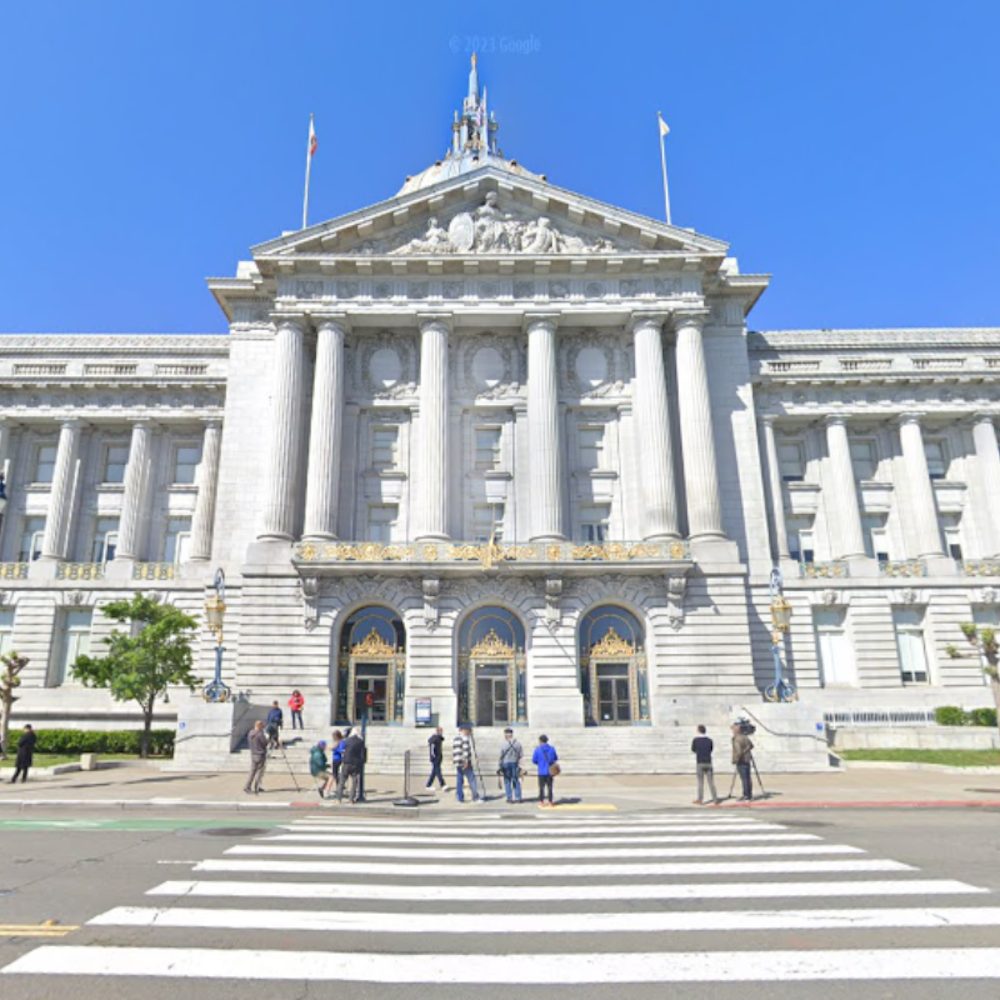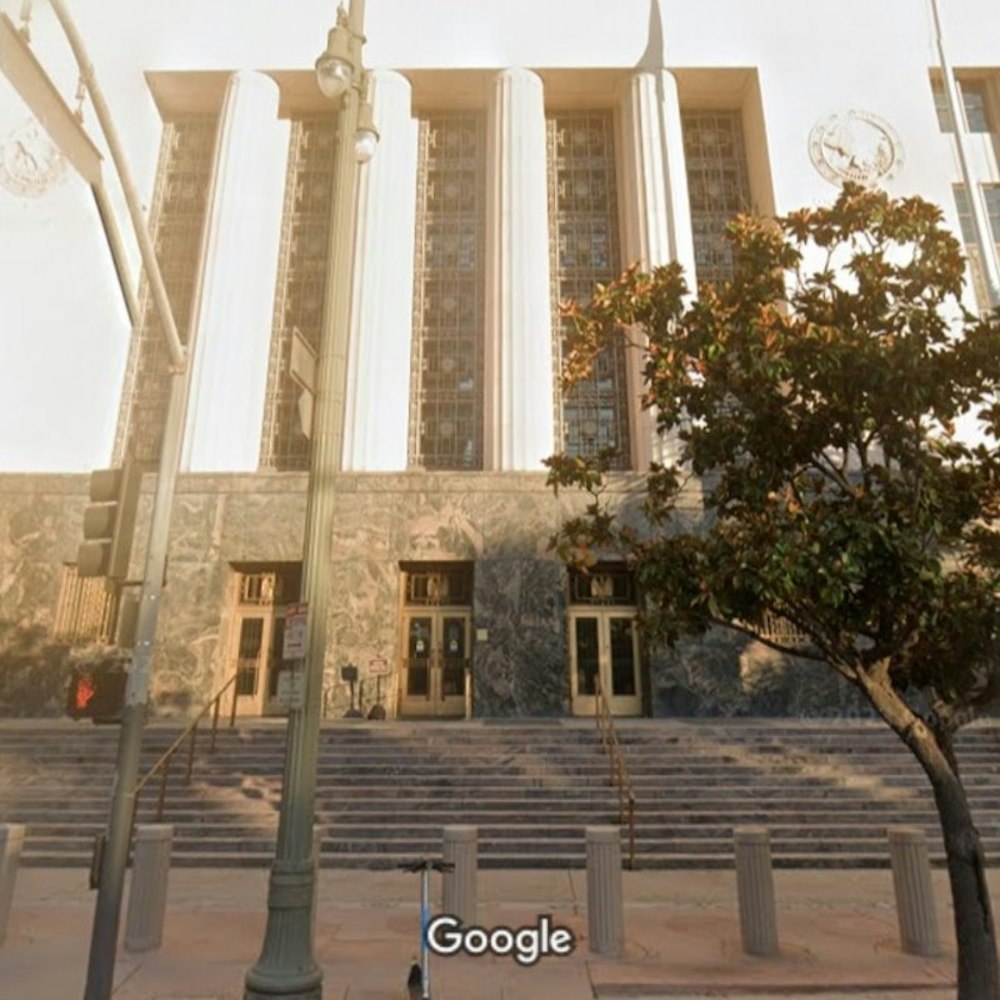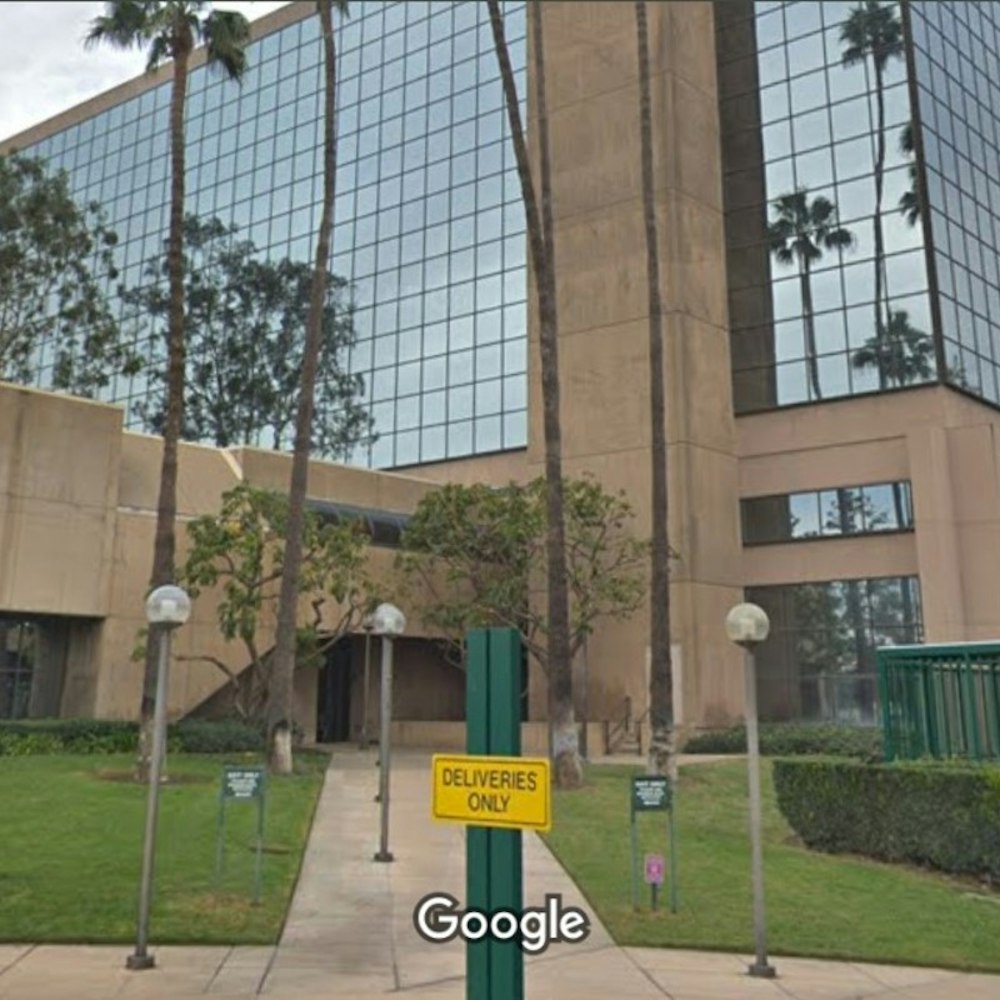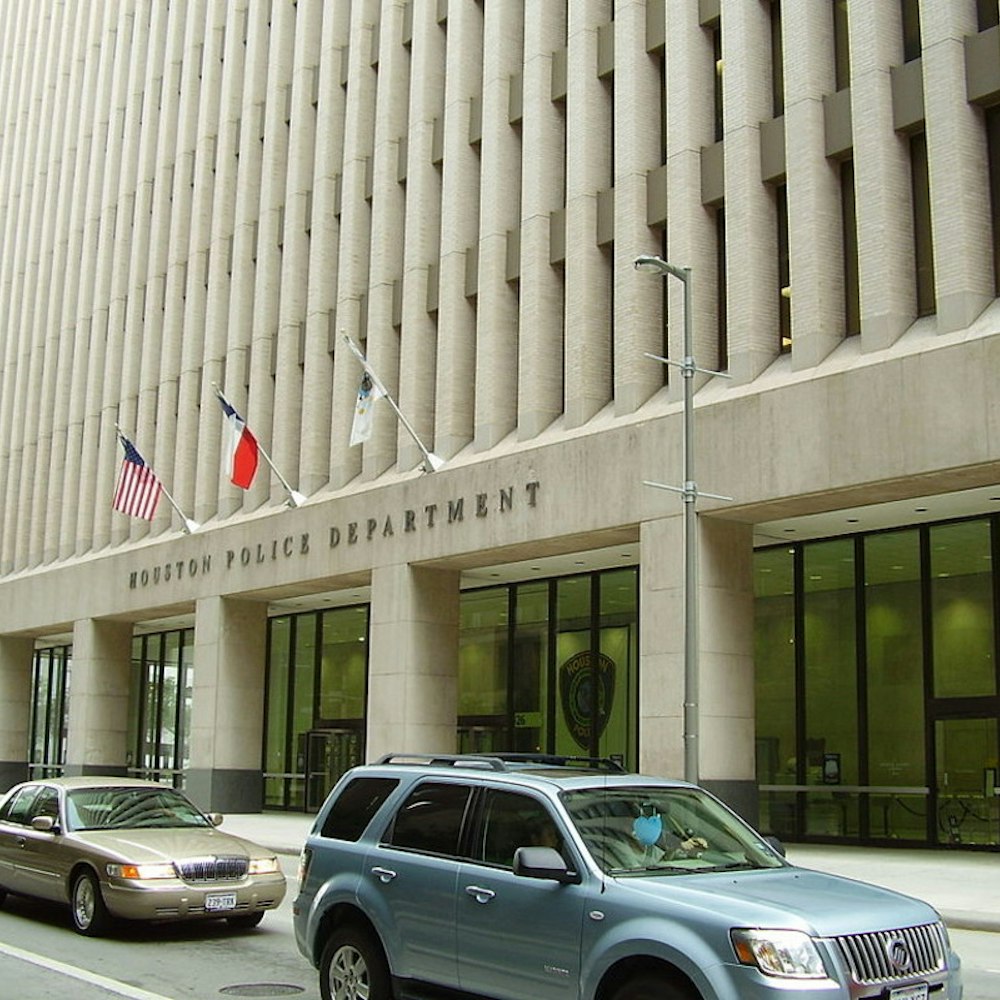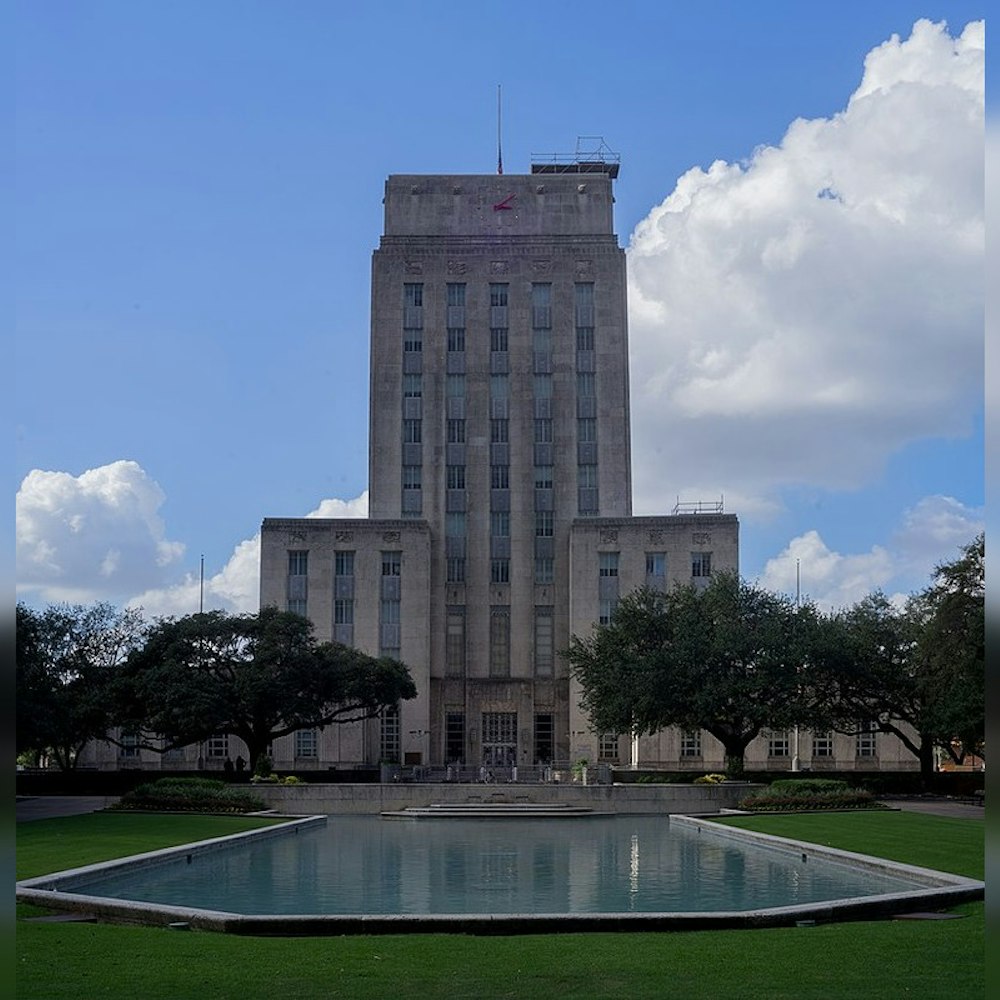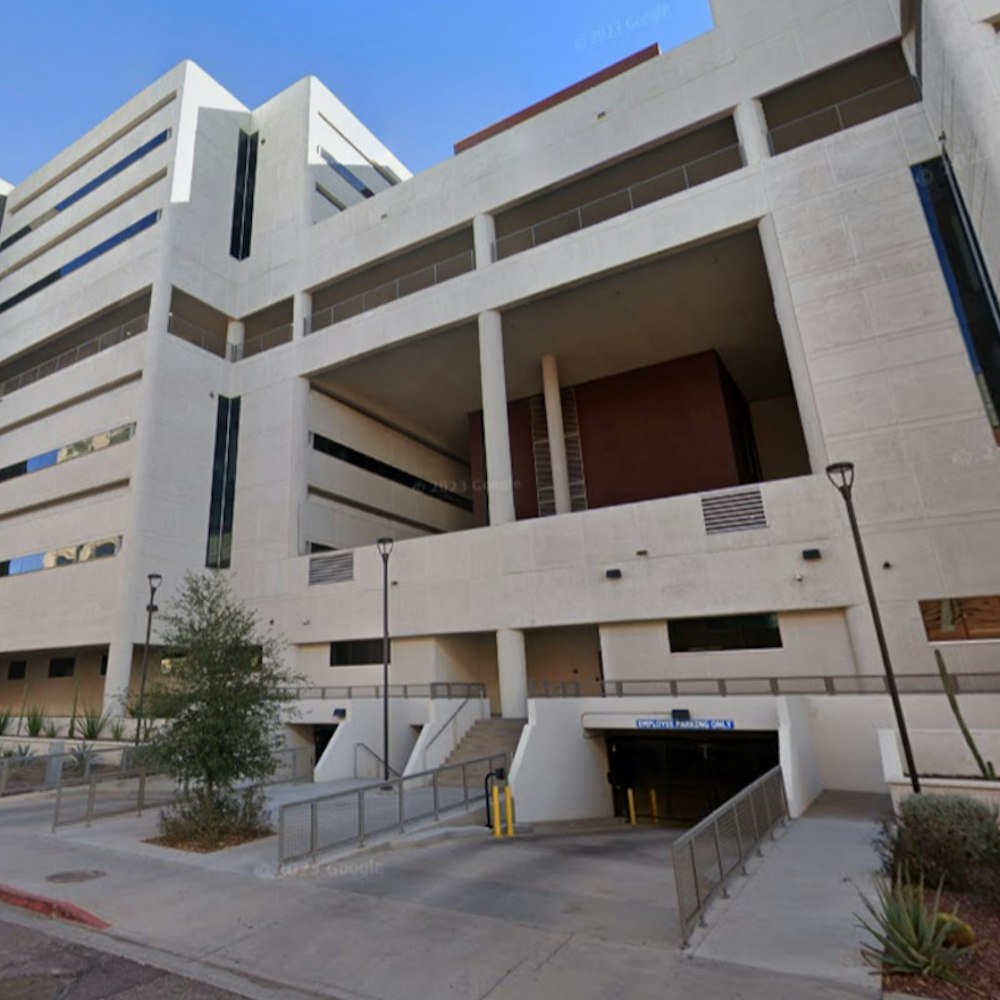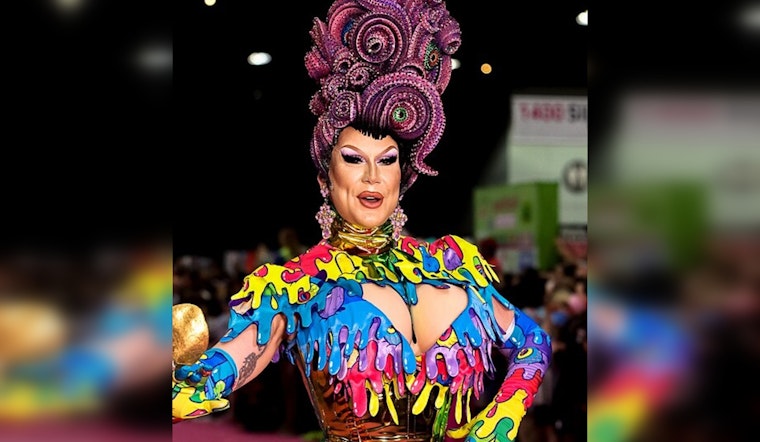
The Supreme Court of the United States has left the decision of West Texas A&M University to deny a request for a drag show to stand, backing the University President's efforts against claims of infringing on free speech rights. The high court refused to grant an injunction to the organization wishing to host the event, which was slated for March 22 with the potential attendance of children.
The attorney general's office, led by Ken Paxton, argued that the performances exemplified conduct, not speech, potentially falling outside the protective embrace of the First Amendment. In what has been painted as a victory for the defendants, a trial court originally sided with the school, noting the organization's failure to demonstrate a strong likelihood of success on their claims' merits. "President Wendler’s efforts to uphold decency and protect women from hostile and degrading caricatures, and to protect children from exposure to obscene conduct, are completely defensible," Paxton said in a statement obtained by the Texas Attorney General's Office.
Earlier proceedings had already seen Paxton scoring a win when a federal judge agreed with the motion to dismiss the damage claims against Wendler, delivering a blow to the plaintiffs' injunctive wishes. The proponents of the drag show had argued that such events were shielded by the First Amendment, citing their expressive and communicative nature. The rebuttal from Paxton’s team compartmentalized the performance as behavior rather than expressive dialogue, an angle resonant enough to convince the courts of its legitimacy.
Despite fervent efforts by the plaintiffs to expedite the appellate process, their motion was cut short by SCOTUS's refusal to intervene. The decision effectively maintains the status quo at West Texas A&M University, leaving room for future legal challenges but cementing, for now, administrative power over campus activities deemed inappropriate. According to the Texas Attorney General's Office, the court's endorsement of this selective gateway is a nod towards the defense of traditional values and a commitment to shield the young eyes from content deemed not in their best interest.
